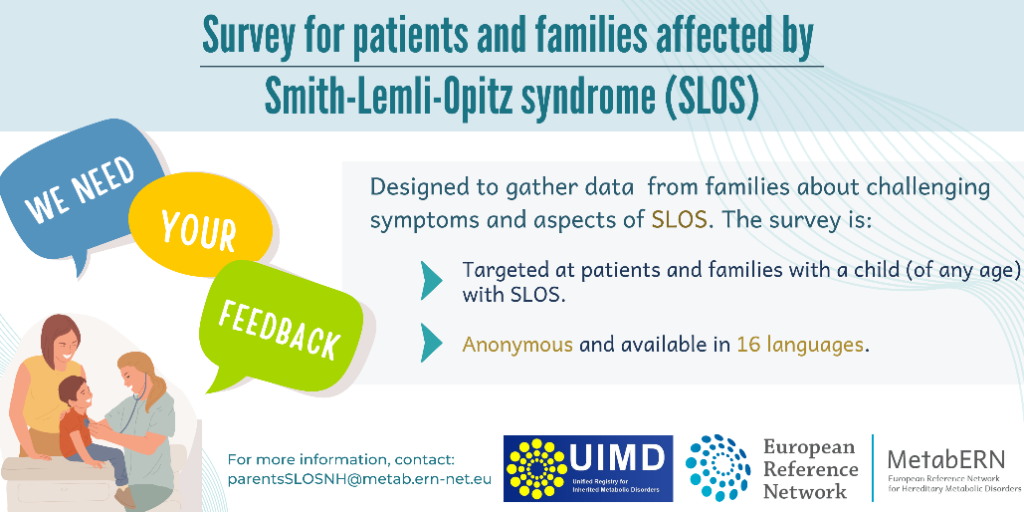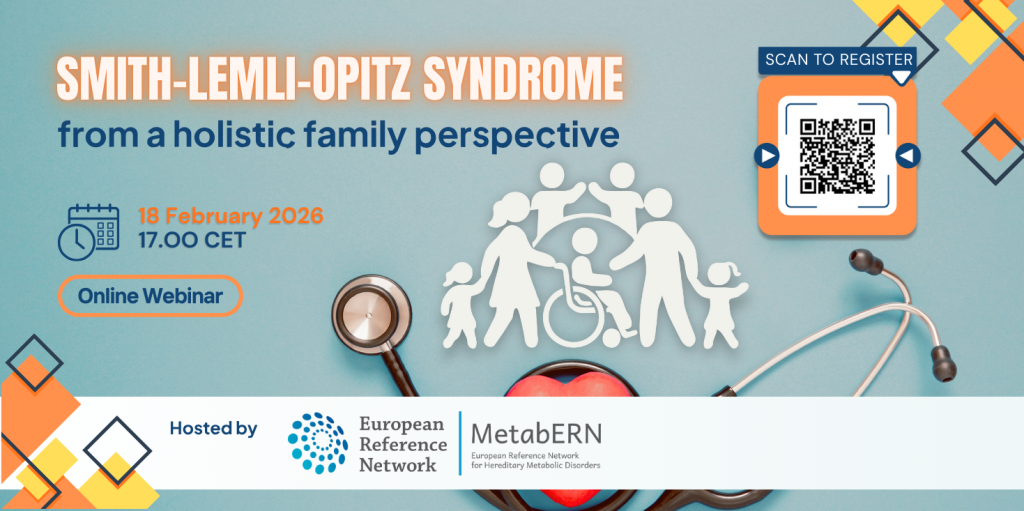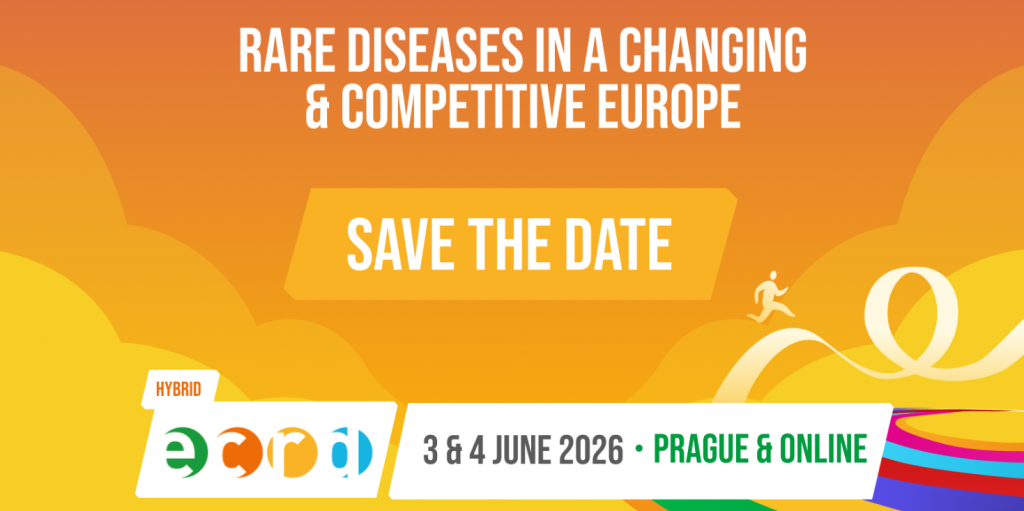A new project for persons with Smith-Lemli-Opitz syndrome (SLOS) – the SLOS Natural History project – has started. It aims to better understand the different aspects of SLOS and how they change during lifetime. The goal is to improve counselling of families and establish strategies for therapeutic interventions and long-term healthcare. General symptoms in infancy like feeding difficulties and recurrent vomiting as well as problems in later life, such as sleep difficulties, autism and complex behaviour affecting the families, will be analysed.
The cause of SLOS is an error in the synthesis of cholesterol. Mildly affected persons may have no or minor inborn signs, near-normal cognitive function, but often behavioural problems. A more severe impact of SLOS can be life threatening and involve malformations of many organs.
The patient representatives for SLOS are now looking for more European families affected by Smith-Lemli-Opitz syndrome (SLOS) to inform them about the project. Information and links to the survey in 16 languages have been disseminated via rare disease organisations and the HCPs in MetabERN. The links are available below.
The survey contains questions about symptoms of SLOS that affect the health of the child and the everyday life in the family. The families are invited to join a project network and offered to receive more information about the project. There will also be a possibility to share pseudonymized disease-related data with U-IMD.
The project leader is Dr Dorothea Haas at Heidelberg University Hospital, a member of MetabERN and U-IMD, MetabERN’s official registry, that will be the platform of the study.
More information
The patient representatives in MetabERN for Smith-Lemli-Opitz syndrome:
Karin Mossler, Antje Enekwe and Anne Kalweit: Parentsslosnh @ metab.ern-net . eu
The project leader Dorothea Haas: Dorothea.Haas @ med.uni-heidelberg . de
| Languages | Links to information and the SLOS survey in 16 languages |
| Bulgarian | Survey Link Information Letter |
| Czech | Survey Link Information Letter |
| German | Survey Link Information Letter |
| Danish | Survey Link Information Letter |
| Greek | Survey Link Information Letter |
| English | Survey Link Information Letter |
| Spanish | Survey Link Information Letter |
| French | Survey Link Information Letter |
| Hungarian | Survey Link Information Letter |
| Italian | Survey Link Information Letter |
| Dutch | Survey Link Information Letter |
| Norwegian | Survey Link Information Letter |
| Polish | Survey Link Information Letter |
| Portuguese | Survey Link Information Letter |
| Romanian | Survey Link Information Letter |
| Swedish | Survey Link Information Letter |





